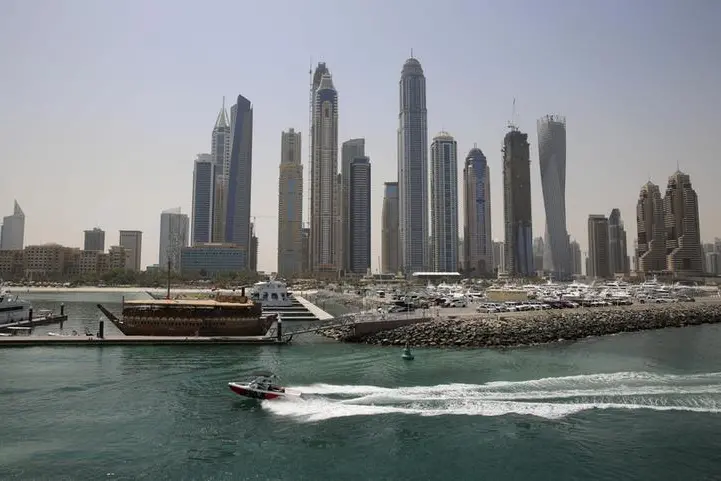PHOTO
Strong dollar offsets the slight reductions in residential rental rates, says Mercer
Dubai: Dubai and Abu Dhabi remain firmly entrenched among the most expensive cities in the world for expats, with the strong dollar being the primary factor in pushing them up the rankings. The former was placed 21st and Abu Dhabi 25th, based on the influential "Cost of Living Survey" brought out by the consultancy Mercer.
Dubai gained two spots from a year ago, while Abu Dhabi was at 33rd spot in the previous survey.
This year, Hong Kong gained the mantle of being costliest city worldwide and ahead of Luanda (Angola) and Zurich. Singapore and Tokyo were placed third and fourth.
"Price inflation in general was on the lower side across the board, which ensured currency fluctuations had the biggest impact on costs for expats," said Rob Thissen, Talent Mobility Consultant at Mercer Middle East. "You had a situation when the likes of the pound, yuan and most of the emerging market currencies slipping against the dollar and that impacted on the individual city rankings. With most of the Gulf currencies pegged to the dollar, those cities moved up at the expense of those which dropped down." (The survey's findings were based on data collected in the 12 months to March 2016.)
"Definitely, Dubai has been seeing a slight deterioration in rental values - but the survey also takes in part of 2015 and at the time, rents were still on the higher side," said Thissen.
Mercer's findings do give expats - and local businesses - some food for thought. The job market is still widely rated as being a soft one, through the pace of lay-offs might have subsided just that little bit. Companies are not in any rush to start hiring in a big way, hoping to see off this year without taking on too much of a cost burden on this score.
Expats will be hoping for some more leeway at the time of their home lease renewals. But the softening that has been going on is specific to a handful of residential clusters, essentially in the freehold areas, and not a city-wide phenomenon. Any further escalation on expenses could put a tight squeeze on household budgets.
Things are not that better off for their counterparts in Riyadh, ranked as the 57th most expensive city in the world and up from the 71st spot last year. But, interestingly, Jeddah figures some way down on the list, at 121th (up from 151st).
The dichotomy in rankings between the two Saudi cities is explained by "Riyadh having far higher residential rentals for expats than Jeddah does at the moment," said Thissen. Also, "These rankings uniquely combine day-to-day expenditure on goods and services such as food, clothing and transportation, with rental prices. While prices of most goods and services are considered to be cheaper in Saudi Arabia compared with Europe, it is the expatriate rental market that pushes cities like Riyadh and Jeddah up the ranking."
Interestingly, Beirut is rated as the third most expensive city in the Middle East and 50th globally for expats. This is despite a full-scale conflict raging on the country's borders.
"There are two factors - the Lebanese currency's dollar peg and on the rental side, there hasn't been much of a change in rentals in the areas of Beirut where expats reside," said Thissen.
And what of the immediate prospects for the dollar and by extension its influence on the cost of living? "From a bigger global perspective, emerging market currencies remain under pressure and investments are flowing back into those rated as stable economies," said Thissen. "This leaves dollar economies and those pegged to it in a stronger position. You could have companies from non-dollar denominations having to offer more through allowances for their expat employees."
But expats in the UAE would still make do with lowered rents.
© Gulf News 2016





















